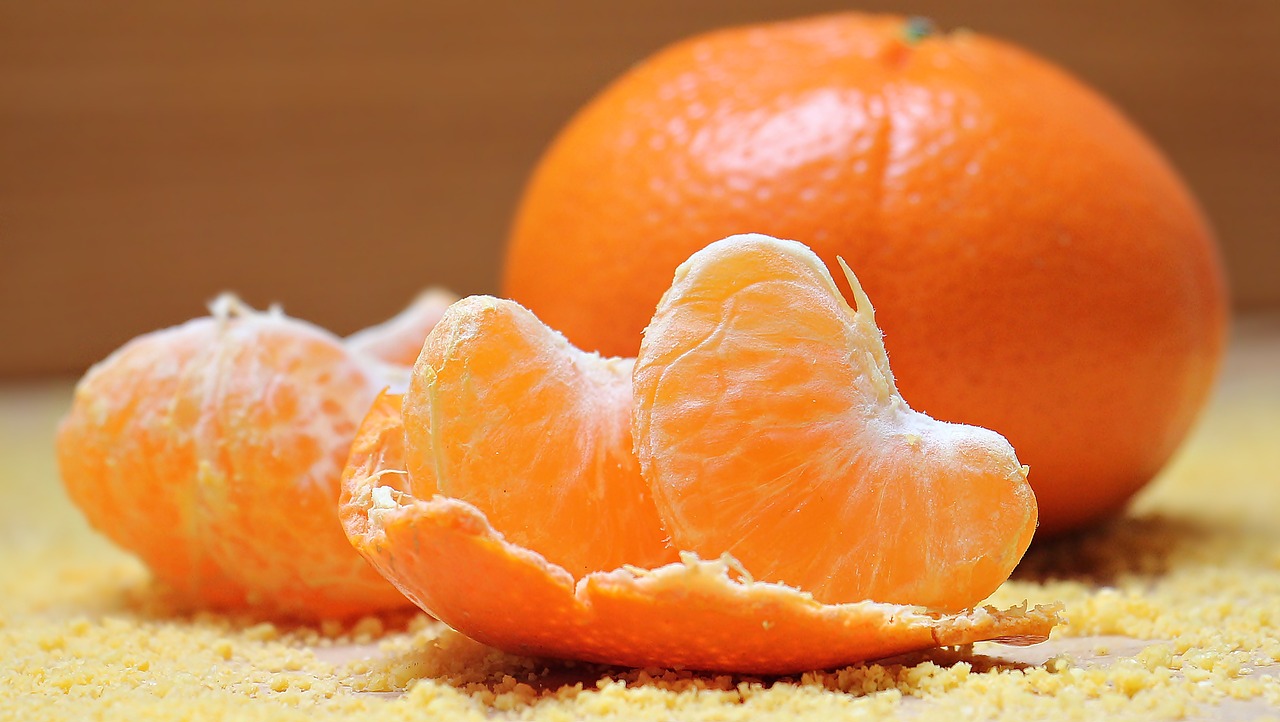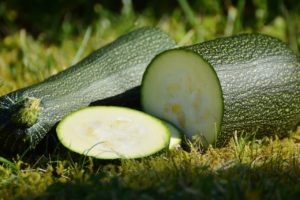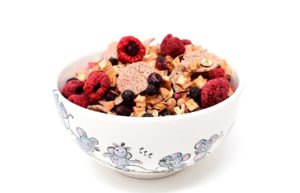Women on diets need more calcium than normal to avoid bone loss, say Rutgers University researchers.
Studies showed a weight loss diet of 1.5 pounds a week for 6 weeks cuts absorption of calcium. In 57 postmenopausal dieters it was discovered that those women who took 1,800 mg of calcium a day absorbed 78 percent more calcium than those who took only 1,000 mg a day. To prevent bone loss, women dieting after menopause should get 1,700 mg of calcium a day, the experts say.
For people on low-fat, high fiber diets calcium requirements are also higher. Studies show that 19 percent less calcium is absorbed. It is theorized that the healthier diet moves food faster through the gastrointestinal tract.
While it is common knowledge that calcium is necessary for bone-growth research shows that calcium also fights fat absorption. Studies reveal that calcium blocks fat storage in fat cells. A minimum of 1,000 mg. of calcium daily improves total cholesterol and good HDL, but lowers bad LDL.
Despite the publicity of the importance of calcium for healthy bones research shows that consumption has gone down over the past 30 years.
Experts recommend 1,000 mg of calcium and 400 IU of vitamin D daily for people under 50, and 1,500 mg of calcium and 800 IU of vitamin D for those over 50. The safe upper limit for calcium intake has been set at 2,500 mg a day. Experts think going above that on a daily basis may invite kidney stone formation.
Once started, never stop taking calcium/vitamin D supplements daily. USDA researchers found that after a 3- year study over one-third of participants stopped taking the supplements. Within one year women lost all bone-density gains and men lost their gains in two years.
For those who are lactose intolerant calcium and vitamin D supplementation is even more important because it will be difficult to get the daily requirement through diet alone.
For those allergic to cow’s milk. Drink enough soy milk to give you 500 mg of calcium per glass as compared to 300 mg in cows milk. Studies at Creighton University in Omaha, NE, showed that 25 percent less calcium is absorbed from soy milk as cows milk.
For more information on calcium and coral calcium: http://www.apluswriting.net/diettips/evitaminscalcium.htm






